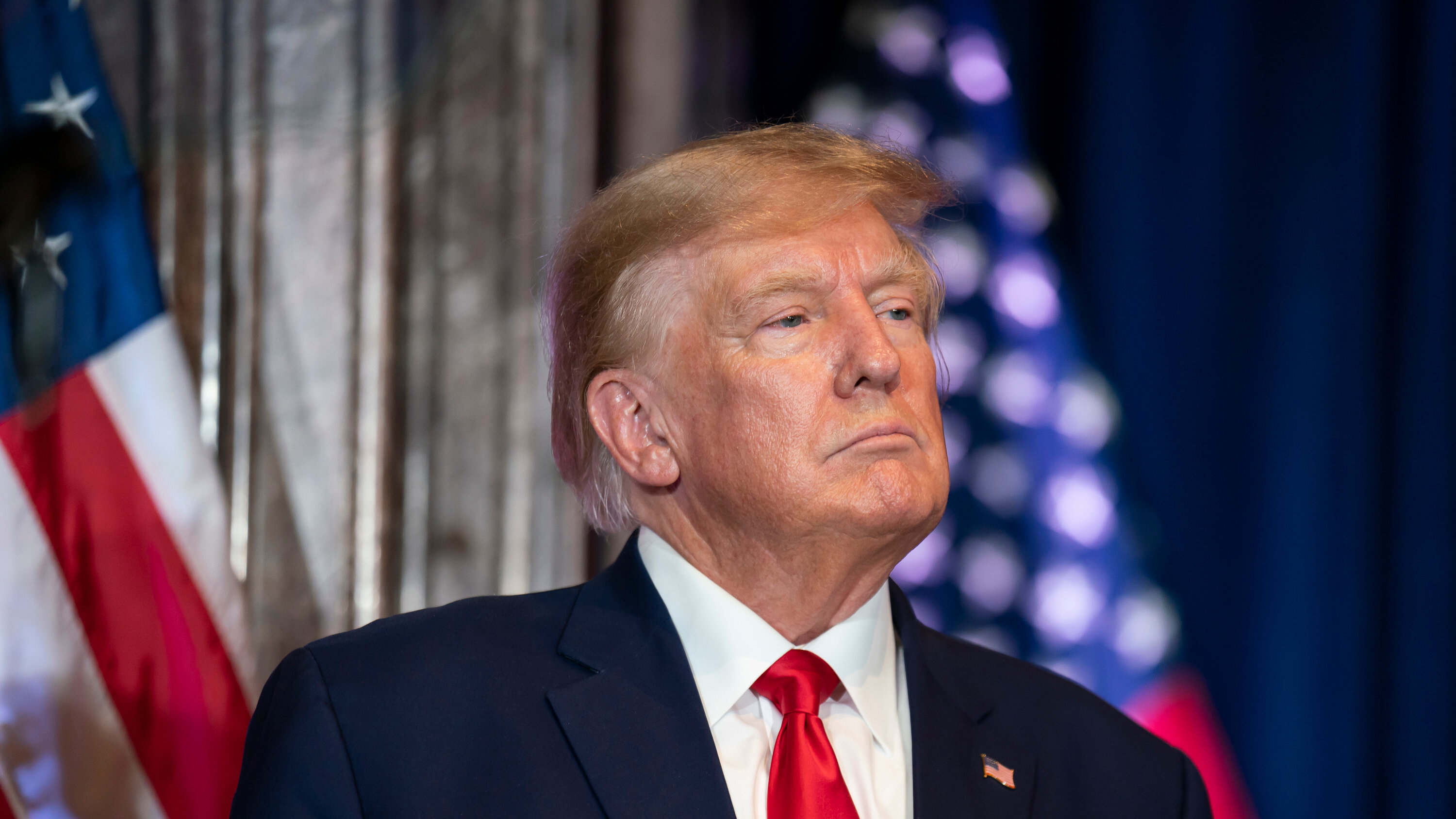The question of mortality often brings forth a myriad of emotions and opinions, especially when it concerns a figure as polarizing as Donald Trump. Speculations about his health, longevity, and eventual demise have become a topic of both serious discussion and light-hearted banter. While it is natural for people to ponder the lifespans of public figures, the inquiry into "when will Trump die" raises ethical considerations, reflecting our societal fascination with celebrity culture and mortality.
As one of the most recognized and controversial figures in modern American politics, Donald Trump’s life has been under the microscope since he announced his candidacy for president in 2015. His health has been publicly scrutinized, with every cough, trip to the doctor, or public appearance sparking debates about his well-being. The intrigue surrounding his life extends beyond politics, touching on the themes of power, legacy, and the human condition.
In this article, we delve into the various aspects of Donald Trump’s life, including his biography, health concerns, and the implications of discussing his mortality. While we may never have a definitive answer to the question, "when will Trump die," exploring the factors that contribute to this curiosity can provide insights into our collective psyche and societal values.
Who is Donald Trump? A Brief Biography
Donald John Trump, born on June 14, 1946, is a businessman, television personality, and politician who served as the 45th president of the United States from January 20, 2017, to January 20, 2021. Known for his brash style and unfiltered approach to communication, Trump rose to prominence as a real estate mogul and later as the host of the reality TV show "The Apprentice."
| Personal Details | Bio Data |
|---|---|
| Full Name | Donald John Trump |
| Date of Birth | June 14, 1946 |
| Place of Birth | Queens, New York City, New York, USA |
| Political Party | Republican |
| Spouses | Ivana Trump (1977–1991), Marla Maples (1993–1999), Melania Trump (2005–present) |
| Children | Donald Jr., Ivanka, Eric, Tiffany, Barron |
What Health Concerns Does Trump Have?
Throughout his presidency and beyond, Trump’s health has been a topic of concern and speculation. In 2019, he underwent a routine physical examination, which revealed that he was in overall good health, though he was classified as overweight. However, the nature of his diet, exercise habits, and age has led many to wonder about his long-term health prospects.
Could Trump's Lifestyle Affect His Longevity?
Trump’s lifestyle choices, including his eating habits and lack of regular exercise, have raised questions among health experts. Some argue that a high-stress lifestyle combined with poor dietary choices could potentially lead to health complications. Factors that may influence his longevity include:
- Diet: Trump is known for his love of fast food and sugary snacks.
- Exercise: He reportedly does not have a regular exercise routine.
- Stress: The pressures of political life can take a toll on mental and physical health.
When Will Trump Die? The Speculative Nature of Death Predictions
When discussing "when will Trump die," it is essential to understand that predicting death is inherently speculative and fraught with uncertainties. Factors such as genetics, lifestyle, and unforeseen health issues all contribute to an individual's lifespan. This question often stems from a fascination with mortality and the public's desire to make sense of life and death.
Why Do People Speculate About Trump's Death?
Speculation about the deaths of public figures often arises from their impact on society. In Trump’s case, his controversial presidency and continuous media presence make him a focal point for discussions about power, influence, and mortality. Additionally, the polarized opinions surrounding his leadership may lead some to express a desire for closure or resolution through his passing.
What Ethical Considerations Arise from Discussing Trump's Death?
Engaging in conversations about the death of any individual, especially a public figure, raises ethical questions. It is essential to approach such topics with sensitivity, acknowledging the human experience behind the headlines. The implications of discussing "when will Trump die" can include:
- Respect for family and loved ones.
- The potential for misinformation and sensationalism.
- Consideration of mental health impacts on individuals discussing mortality.
How Does Trump's Legacy Influence Discussions of His Mortality?
Trump's legacy is a complex tapestry of achievements, controversies, and lasting impacts on American politics. As discussions about his mortality arise, they often intertwine with his legacy, prompting reflections on the influence he has had on society. The question of "when will Trump die" may not only signify curiosity about his health but also a deeper inquiry into how he will be remembered.
What Will Be the Public Reaction to Trump's Death?
Predicting the public's reaction to any public figure's death is challenging, especially for someone as divisive as Trump. Reactions will likely vary widely, reflecting the spectrum of opinions about his presidency. Some may mourn the loss, viewing him as a figure of change, while others may celebrate, interpreting his passing as an end to a controversial era.
When Will Society Move On From Speculating About Trump's Death?
As time progresses, society often shifts its focus and begins to move on from the speculation surrounding the lives of public figures. While the inquiry of "when will Trump die" may persist for a time, the eventual acceptance of mortality as a natural part of life will likely lead to a diminished emphasis on such discussions. Ultimately, the passage of time and the emergence of new political figures will influence societal attention.
In conclusion, while the question of "when will Trump die" may be intriguing to some, it is essential to approach it with caution and respect. The exploration of his life, health, and legacy can offer valuable insights into our societal values and the human experience. As we navigate the complexities of mortality, let us remember to honor the lives of individuals, regardless of our opinions about them.



